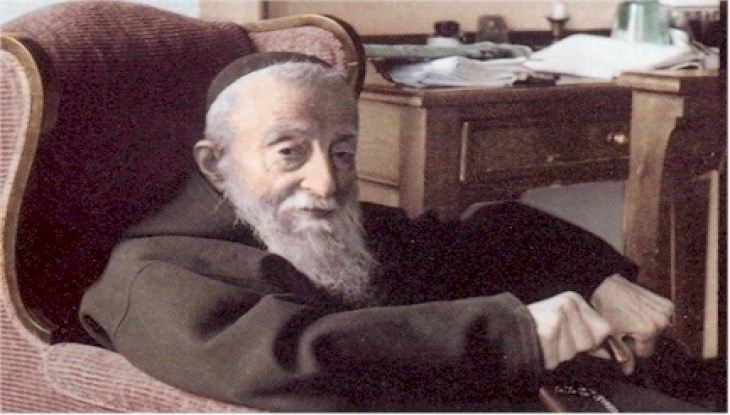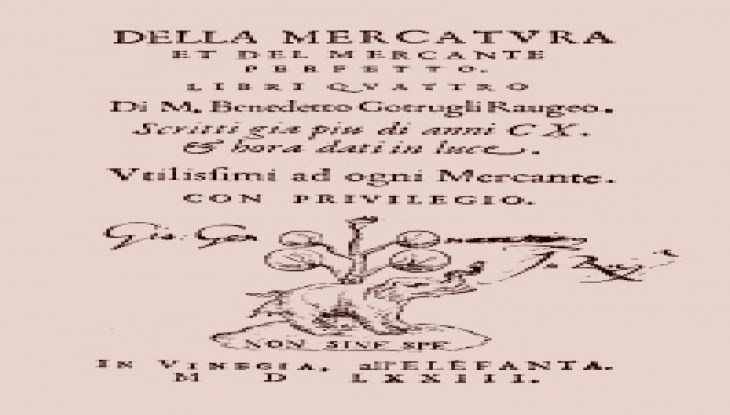Croatian diaspora in Italy
Number of Croats in Italy and their immigration
Due to its vicinity and the same cultural and religious background, Croats, especially from Primorje and Dalmatia have been emigrating to Italy for a long time. Croats from Molise moved to Italy in 16th century (it is the smallest legally recognized languge minority in Italy, i.e. about 1,822 Croats according to the data of 2011). Croats and their descendants who live in Italy Today have recently moved to the country.
A large number of Croats lives in the north-east part of Italy , in the provinces of Friuli Venetia- Giulia and Veneto, Lombardia and Marche. It is estimated that around 60, 000 people of Croatian origin live there (mostly economic emigrants) of whom about 30,000 live in Trieste, around Trieste and Venice about 20,000 and about 10,000 live in other parts of Italy ( e.g. about 4,000 in the area of Milan).
During Austro – Hungarian Monarchy many Croats from Istria and Primorje came to Trieste, especially during the development of maritime industry and they had an important role in the life of the town. They were owners and co-owners of some shipping agencies but also crew members on ships.
After World War II, due to the political and economic reasons, there was a large-scale migration to Italy in some years. Part of immigrants moved later from Italy to third countries.
Today, although not numerous, Croatian community in the city of Rome is significant The church of St Jerome has represented a small part of the homeland through centuries. The Pontifical Croatian College of St Jerome opened in 1453 as an inn for Croatian pilgrims. Today it is a dormitory for priests-students who specialize in specific fields of theology in Rome.
Status of Croats in Italy
As they meet all the requirements in line with the Italian legislation and relevant international documents Croats from north-east region of Friuli Venezia – Guilia have tried for the last 15 years to gain the status of “a language minority” regulated by the Law on protection of historical language minorities. A significant step was made in spring 2015 when the senator Aldo Di Biagio submitted the request for the recognition of Croatian language minority in Friuli Venezia – Guilia region to the Constitutional Committeee of the Senate, but the decision regarding this issue has not been made yet.
Based on current laws Italy recognizes dual citizenship. EU citizens can apply for Italian citizenship upon completion of four- ear period of residency, while the citizens from non EU countries need to have ten-year period of residency in Italy to be eligible to apply for the citizenship. Croatian citizens who acquire the right to Italian citizenship through marriage with the Italian citizen can apply for Italian citizenship by marriage after two years of marriage, if residing in Italy. If they live aboroad, they can apply after three years of marriage. These terms are reduced by half if the couple has children, or when children are legally adopted by the couple.
It is important to mention that the Republic of Croatia signed the Agreement on social security with the Republic of Italy, as well as the Agreement on the avoidance of double taxation on income and prevention of tax evasion. Also, the two countries signed the Agreement on cultural and educational cooperation.
Croatian Associations and Catholic Missions
As there are numerous Croatian associations in Italy in 2001 the Alliance of Croatian Associations in Italy was established. The Alliance consists of: the Croatian Union of Triest, the Croatian Union of Milano, the Croatian Union in Vento, the Croatian-Italian Association of Udine, the Croatian-Italian Association of Rome, and in 2008 the Federation of Croatian-Molise Cultural Associations joined the Alliance. Besides those associations – members of the Alliance, there are associations located in Rome: the Croatian-Italian mozaic Rome, the associations “Lipa“, “Drugi Jadran“ and “Papa Giovani II.“ . The association „Lesina“, is active in Venice, the Club of Friends of Croatia in Milan, while in the area of Piemont the Croatian association of Piemont.
Also, in Rome there is the Institute „Vlado Gotovac“, Croatian Historic Institute and the Italian-Croatian Institute.
The Pontifical Croatian College of St. Jerome in Rome is the Croatian Catholic organization of special significance. Other Croatian Catholic organizations in Rome are the Domus Croata "Dr. Ivan Merz", an organization of Croatian pilgrims and Sisters of the Order of blessed Marija Petković.
There are no Croatian Catholic Missions in Italy. So, The Pontifical Croatian College of St. Jerome is a religious institution where Croats congregate and meet the Croatian priests-students who study in Rome.
Croatian classes and courses of the Croatian language
Croatian classes are held in Rome, Trieste, Monfalcone, Milan and the province of Molise within the competence of the Croatian Ministry of Science and Education. At the moment there are three teachers who teach Croatian.
There are several courses/programs of the Croatian language established at the universities.
Exchange courses of the Croatian language and literature within the competence of the Croatian Ministry:
- Universita degli studi di Padova, Padova
- Universita degli studi di Firenza, Firenza
- Universita "La Sapienza", Rome
- Universita degli studi di Bari, Bari
- Universita degli Studi di Napoli Federico II, Napoli
- Universita "G. D'Annunzio" Chieti, Pescara
- Institut for interpreters and translators, Trieste
- Universita di Udine, UdineUniversita di Venezia, Venice
The bilingual magazine "Insieme" (Croatian: Zajedno) is published annually by the Alliance of Croatian Associations. The magazine is aimed at Croats in Italy as well as the state and cultural institutions in Italy and Croatia. It covers the topics of interest for Croats in Italy such as issues related to culture and economy, with the review of activities performed by the associations, members of the Alliance.
In 2001 The Centre for Croatian-Italian studies “Ruđer Bošković“ was established in Milan. Its aim is to promote Croatian-Italian cooperation in the fields of history and culture. The centre established the award “Judita” for the contribution to Croatian-Italian literary links. The award is given for publishing the books of outstanding writers by the “Hefti“ publishing house in Milan.



